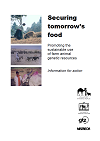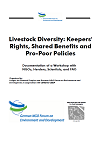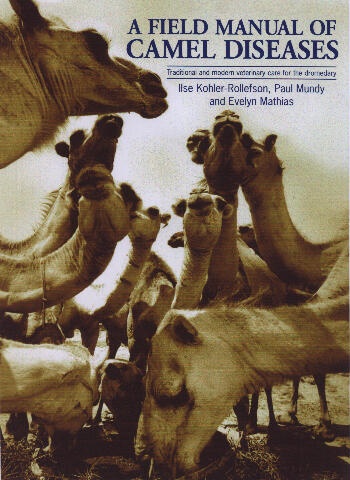Securing tomorrow’s food: Promoting the sustainable use of farm animal genetic resources: Information for action
Farm animal diversity is vanishing at an alarming rate. As industrial livestock production expands, it is relying on fewer and fewer breeds. Already, 15% of the world’s livestock and poultry breeds are extinct, and another 35% are endangered. We are coming to depend on a livestock population with a dangerously narrow genetic base: because of their genetic uniformity, huge numbers of animals could be wiped out by a new disease.
Locally adapted animal breeds carry genetic material of immense value. These breeds must be conserved. The only realistic way to do so is by maintaining the production systems they are part of – by supporting the small farmers and pastoralists who manage these animals.
This dossier is intended for decision-makers and field staff from governmental and non-governmental institutions and organisations working on agriculture, livestock production, natural resources management, food security and other aspects of rural development in the South. The goal is to stimulate policy makers, project staff and members of grassroots organisations to support in their policies and actions the sustainable use and community-based management of farm animal breeds.

Download document


